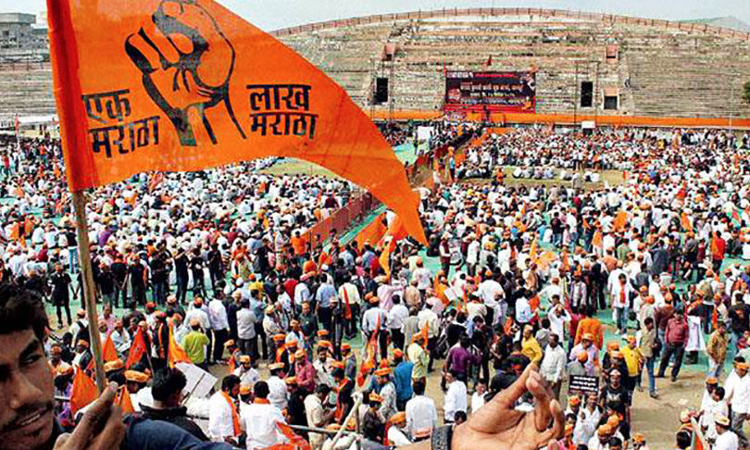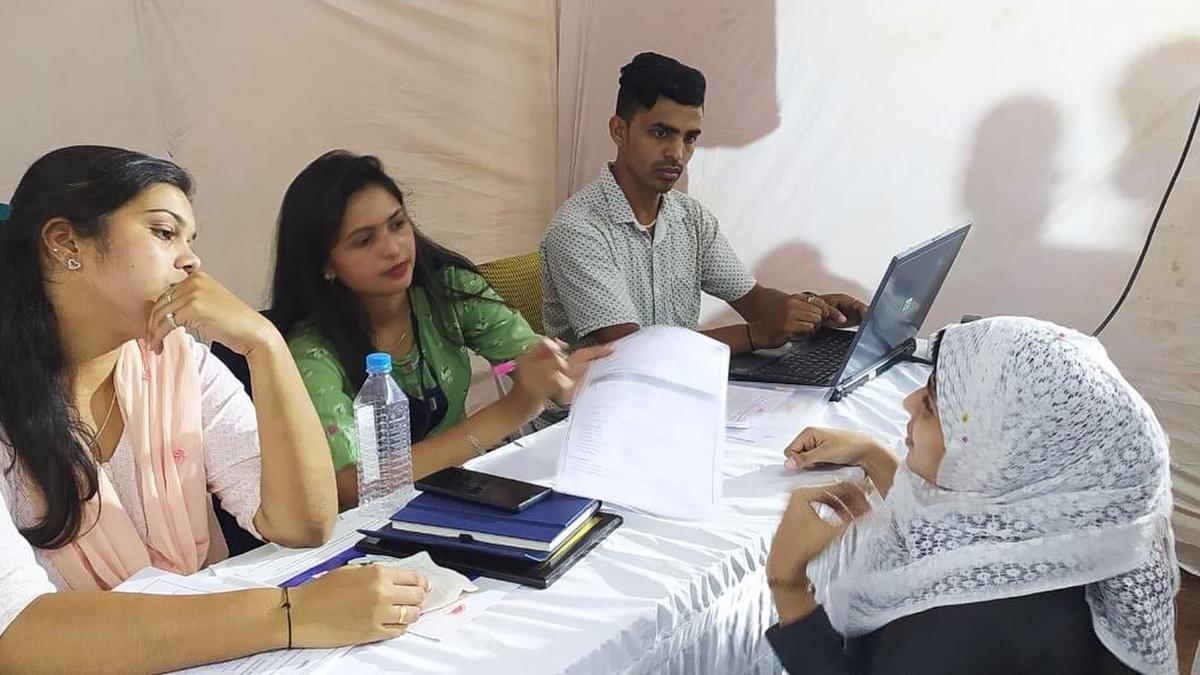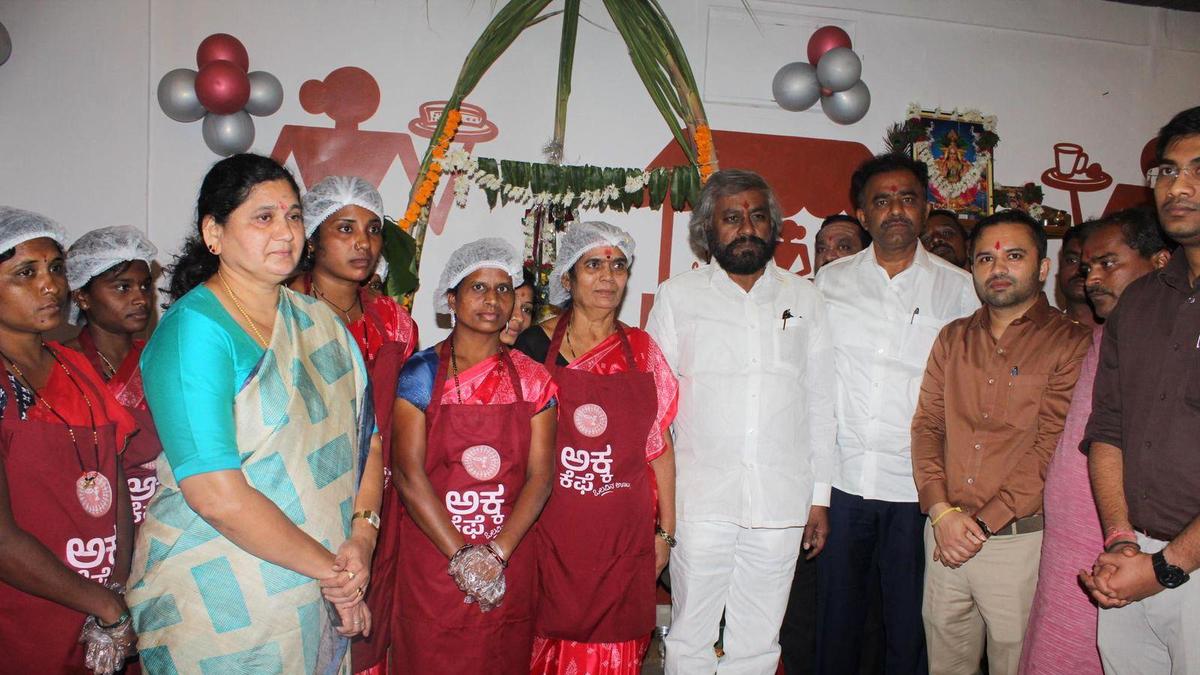Maratha Quota Controversy


A Timeline of Key Events
Introduction:
The recent demand for increased reservation for the Maratha community in Maharashtra has reignited a long-standing debate about affirmative action and social justice. To understand the current controversy, it’s crucial to examine its historical context. This blog delves into a timeline of key events, offering clarity on the issue’s development.
Key Events:
- Pre-2014: Maharashtra’s existing reservation system allocates quotas for Scheduled Castes, Scheduled Tribes, Other Backward Classes (OBCs), and Special Backward Classes (SBCs). The Maratha community, classified as a forward caste, demands reservation due to perceived social and economic backwardness.
- 2014: The Bombay High Court upholds the 5% reservation for Marathas introduced by the state government, exceeding the 50% cap set by the Supreme Court.
- 2018: The Supreme Court strikes down the Maratha reservation, citing the violation of the 50% cap. Protests erupt across Maharashtra, demanding a solution.
- 2019: The Maharashtra State Backward Class Commission (SBCN) recommends granting Marathas a 12% reservation under a separate category, bypassing the 50% cap.
- 2020: The Maharashtra Vikas Aghadi (MVA) government proposes a bill granting Marathas 10% reservation in education and 13% in government jobs.
- 2021: The Bombay High Court stays the implementation of the reservation bill, questioning its constitutional validity. The case awaits final judgment.
- 2023: Ongoing protests and legal challenges highlight the unresolved issue, prompting discussions on alternative solutions.
Understanding the Societal and Economic Factors Behind the Reservation Demand

Beyond legal arguments, understanding the societal and economic factors behind the Maratha reservation demand is crucial. This blog examines their historical background, perceived disadvantages, and aspirations for social mobility.
Societal Factors:
- Historical Legacy: The Maratha community, once rulers, witnessed a decline in influence and economic standing over time. They point to historical injustices and a lack of proportional representation in government and educational institutions.
- Caste Dynamics: Despite their forward caste classification, some Marathas argue they face societal discrimination and exclusion, limiting access to opportunities and resources enjoyed by other communities.
- Educational Attainment: While literacy rates have improved, a section of the Maratha community feels inadequately represented in higher education, hindering career prospects and social mobility.
Economic Factors:
- Land Ownership: Traditionally agrarian, the Maratha community faces challenges due to land fragmentation, rising input costs, and volatile agricultural markets. They seek alternative sources of income and upward mobility.
- Urbanization and Job Market: With increasing urbanization, Marathas feel less prepared for the competitive job market, lacking adequate skills and training compared to other communities.
- Poverty and Debt: A section of the Maratha community grapples with poverty and debt, limiting their access to quality education, healthcare, and essential services.
Aspirations and Concerns:
- Social Mobility: The Marathas seek equal opportunities for education, employment, and upward mobility to improve their social and economic standing.
- Fear of Exclusion: They express concerns about being left behind in a competitive socio-economic landscape, urging affirmative action measures to bridge the gap.
- Balanced Approach: Many recognize the need for inclusive policies but advocate for a well-crafted reservation system that considers merit and avoids exacerbating caste divisions.
Analyzing the Legal Implications of the Proposed Reservation Increase

The proposed increase in Maratha reservation in Maharashtra raises significant legal questions. This blog analyzes the Supreme Court’s stance, existing constitutional frameworks and potential legal challenges that could impact the proposal’s implementation.
Supreme Court’s Position:
- The 50% cap on reservations set by the Supreme Court acts as a major hurdle. The Maratha reservation, exceeding this limit, requires justification under exceptional circumstances.
- The Court has emphasized the need for empirical data to demonstrate backwardness and the absence of alternative measures before exceeding the cap.
Constitutional Challenges:
- The proposal faces potential challenges based on articles 14 (equality before law) and 15 (prohibition of discrimination) of the Indian Constitution.
- Opponents argue the reservation violates equal opportunity principles and unfairly benefits a specific community.
- Proponents counter that the Marathas face unique social and economic disadvantages, justifying affirmative action measures.
Legal Precedents and Potential Outcomes:
- Previous judgments on reservations for other communities offer insights into the legal arguments and potential outcomes.
- The final verdict will likely depend on the Maharashtra government’s ability to demonstrate the Marathas’ backwardness and justify exceeding the 50% cap.
- The case could set a precedent for future reservation challenges, impacting policies across India.
Exploring Alternative Solutions for Uplifting the Maratha Community

While the reservation debate continues, exploring alternative solutions for uplifting the Maratha community holds immense value. This blog delves into potential avenues beyond reservation, focusing on education, skill development, and economic empowerment.
Education:
- Improved Access: Investing in quality education across rural and urban areas can equip Maratha students with the knowledge and skills needed to compete in the job market.
- Scholarship Programs: Targeted scholarships can provide financial assistance to deserving Maratha students, enabling them to pursue higher education without financial constraints.
- Skill-Based Training: Tailored skill development programs aligned with industry needs can prepare Maratha youth for emerging job opportunities in various sectors.
Economic Initiatives:
- Entrepreneurship Support: Incubators and mentorship programs can empower Maratha entrepreneurs, fostering self-reliance and job creation within the community.
- Financial Inclusion: Expanding access to microfinance and credit facilities can support Maratha individuals and families in starting small businesses or pursuing self-employment ventures.
- Agriculture Development: Modernization initiatives and technology adoption in agriculture can enhance the income and livelihoods of Maratha farmers, improving their economic standing.
Collaboration and Social Change:
- Community-led Initiatives: Empowering Maratha community organizations to design and implement solutions tailored to their specific needs and aspirations can lead to sustainable progress.
- Promoting Social Harmony: Open dialogue and public awareness campaigns can foster understanding and collaboration between different communities, addressing underlying prejudices and promoting social inclusion.
Evaluating the Potential Impact of Reservation on Education and Employment

The proposed increase in Maratha reservation raises concerns about its potential impact on education and employment dynamics in Maharashtra. This blog examines both the anticipated benefits and potential drawbacks to provide a balanced perspective.
Benefits:
- Increased Representation: Increased reservation could lead to a higher number of Maratha students gaining admission to educational institutions, promoting inclusivity and diversity in educational spaces.
- Improved Employability: Reservation in government jobs could provide immediate employment opportunities for qualified Maratha candidates, addressing concerns about underrepresentation in public services.
- Socioeconomic Upliftment: Improved access to education and employment has the potential to elevate the overall socioeconomic status of the Maratha community over time.
Drawbacks:
- Meritocracy Concerns: Critics argue that exceeding the reservation cap and prioritizing community over merit could compromise the quality of education and potentially disadvantage qualified candidates from other communities.
- Competition and Resentment: Increased competition for limited seats in educational institutions and government jobs could exacerbate existing tensions between communities and fuel feelings of resentment.
- Long-Term Sustainability: Overreliance on reservations might create a dependency rather than empowering the community to compete in the open market on equal footing.
Balancing the Equation:
- Data-driven Approach: A thorough study analyzing the Maratha community’s social and economic backwardness and available opportunities is crucial for crafting an effective reservation policy.
- Targeted Measures: Reservation benefits should be targeted towards the most disadvantaged sections within the Maratha community to ensure equitable distribution and avoid misuse.
- Focus on Skill Development: Alongside reservation, investing in skill development programs that equip Maratha youth with job-relevant skills can enhance their long-term employability and competitiveness.
- Promoting Merit: Ensuring reservation policies coexist with merit-based systems can help maintain educational and professional standards while addressing social justice concerns.
Conclusion:
Evaluating the impact of reservation on education and employment requires a nuanced understanding of both potential benefits and drawbacks. Finding a balanced approach that addresses the Maratha community’s needs while upholding meritocratic principles and fostering social harmony is crucial for achieving sustainable progress.
Resources:
- https://www.hindustantimes.com/cities/mumbai-news/maharashtra-cabinet-approves-maratha-quota-report-bill-to-be-tabled-today-101708408823593.html
- https://www.livemint.com/news/india/maratha-quota-maharashtra-cabinet-approves-draft-bill-for-10-reservation-in-govt-jobs-education-11708406189963.html
- https://timesofindia.indiatimes.com/india/maharashtra-government-approves-draft-bill-to-extend-10-reservation-to-marathas/articleshow/107841196.cms
- https://www.ndtv.com/india-news/maratha-quota-maratha-reservation-eknath-shinde-brings-maratha-quota-bill-despite-history-of-court-setbacks-5091647
- https://indianexpress.com/article/cities/mumbai/maratha-10-percent-reservation-quota-bill-9170481/
- https://timesofindia.indiatimes.com/city/mumbai/maharashtra-government-may-table-bill-giving-10-quota-to-marathas-today/articleshow/107833823.cms
- https://www.ndtv.com/india-news/special-maharashtra-assembly-session-today-maratha-quota-on-agenda-5090820
- https://www.drishtiias.com/daily-updates/daily-news-analysis/maratha-quota-1
- https://timesofindia.indiatimes.com/city/mumbai/maratha-quota-demand-the-battle-for-reservation-in-maharashtra/articleshow/107393923.cms
- https://www.thehindu.com/news/national/other-states/maratha-quota-activist-jarange-patil-threatens-to-march-towards-mumbai-if-demands-not-met/article67780410.ece
For more political news: https://waddupindia.in/category/politics/







11 thoughts on “Definitive Analysis – Maratha Quota Controversy – 2024”
Thanks for sharing. I read many of your blog posts, cool, your blog is very good.
Your article helped me a lot, is there any more related content? Thanks!
Thank you for your sharing. I am worried that I lack creative ideas. It is your article that makes me full of hope. Thank you. But, I have a question, can you help me?
Can you be more specific about the content of your article? After reading it, I still have some doubts. Hope you can help me.
Your article helped me a lot, is there any more related content? Thanks! 注册
Your article helped me a lot, is there any more related content? Thanks!
I don’t think the title of your article matches the content lol. Just kidding, mainly because I had some doubts after reading the article.
Your article helped me a lot, is there any more related content? Thanks! https://www.binance.info/en-IN/register?ref=UM6SMJM3
Your point of view caught my eye and was very interesting. Thanks. I have a question for you.
Can you be more specific about the content of your article? After reading it, I still have some doubts. Hope you can help me. https://accounts.binance.com/register-person?ref=IHJUI7TF
Your article helped me a lot, is there any more related content? Thanks! https://www.binance.com/register?ref=IHJUI7TF